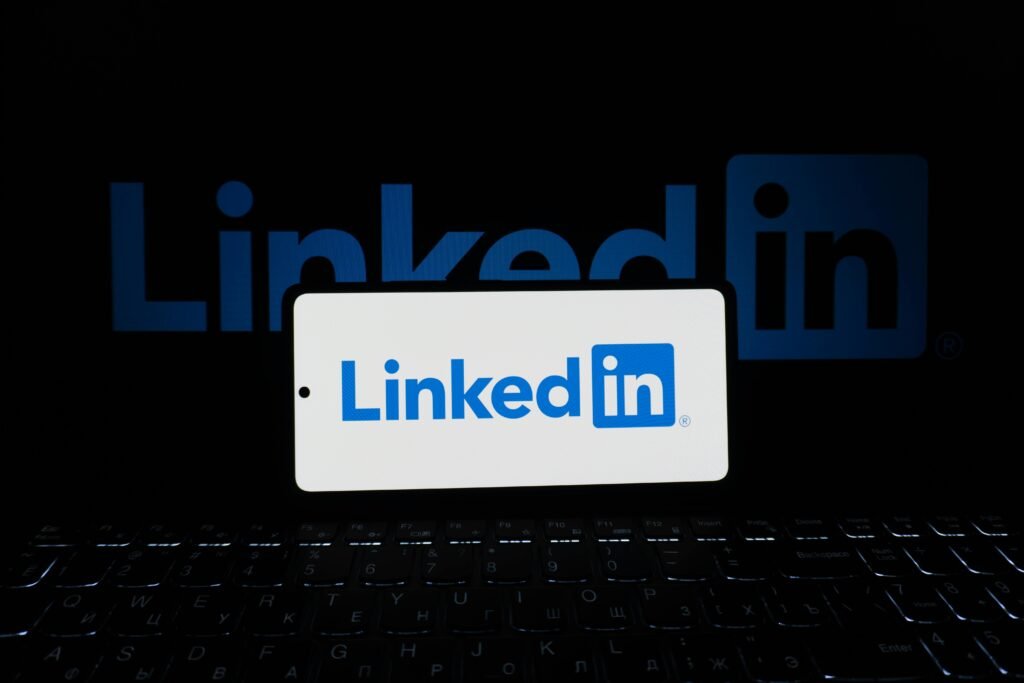Why Your University Career Center Might Be the Most Underrated Place on Campus

Many students only think about the career center in their final year of college. But here’s the truth: the earlier you use it, the more doors it can open for you. From choosing a major to landing your first job, career centers are designed to guide you at every step. The key is to be proactive and strategic in how you use their services.
Services You Shouldn’t Miss
University career centers pack in a wide range of support—often completely free. Knowing what’s available helps you take full advantage.
Start with personalized career counseling. Career counselors can help you discover paths that match your interests, skills, and values. They often use career aptitude tests to guide conversations, then give you one-on-one advice to map out your options.
Next, take advantage of resume and cover letter reviews. A trained eye can transform your documents from average to polished and professional. Staff can also show you how to tailor your applications for different industries.
If you’re nervous about interviews, don’t worry. Most centers run mock interviews, where you can practice real questions and receive feedback on your performance, tone, and even body language. Some universities now use video-based tools, so you can practice anytime.
You’ll also find exclusive job and internship boards, often through platforms like Handshake. Many employers recruit directly through these boards, which means you’ll access opportunities not posted elsewhere.
On top of that, career centers create chances to network. Career fairs bring recruiters to campus. Workshops teach skills like building a LinkedIn profile or negotiating salary. And alumni mentorship programs connect you with graduates who can offer industry-specific advice.
Finally, don’t overlook special perks. Some centers provide free headshots for LinkedIn, business attire rentals for interviews, or even specialized help for students applying to graduate school.
Preparing for Your First Visit
Walking into the career center unprepared is like showing up to class without your homework. To get the most out of your time, do a little prep work first.
Start with self-reflection. Ask yourself: do you want help exploring majors, finding internships, or polishing your resume? Having a clear goal makes the meeting more productive.
Then, bring questions. Examples might include:
- “What careers are common for my major?”
- “How can I gain experience in this industry?”
- “Can you review my resume for this job description?”
Finally, take materials with you. A resume draft, a cover letter, or a job listing you’re aiming for will give your counselor something concrete to work with.
Career Services in 2025: What’s New
Career centers aren’t stuck in the past—they evolve with the job market. Here’s what you can expect right now.
First, there’s a strong emphasis on digital skills. Employers want candidates who can handle data, use AI tools, or adapt to new technologies. Career centers now point students toward relevant online courses and certifications to stay competitive.
Second, many centers offer virtual and hybrid services. Online career fairs, Zoom appointments, and digital interview practice make it easier to fit career prep into your schedule.
Third, micro-internships are on the rise. These short, paid projects (often available through platforms like Parker Dewey) let you test industries, gain experience, and boost your resume—without committing to a full semester internship.
And finally, employers are placing more weight on soft skills. Yes, technical know-how matters. But problem-solving, adaptability, and communication often tip the scales. Career centers can help you highlight these skills in ways that stand out to recruiters.
Final Thoughts
Your career center is more than just a stop before graduation—it’s a partner for your entire academic journey. The earlier you engage, the more connections, skills, and confidence you’ll build. Whether you’re exploring majors, searching for internships, or preparing for interviews, don’t wait until senior year. Walk in, ask questions, and start building the future you want—today.




